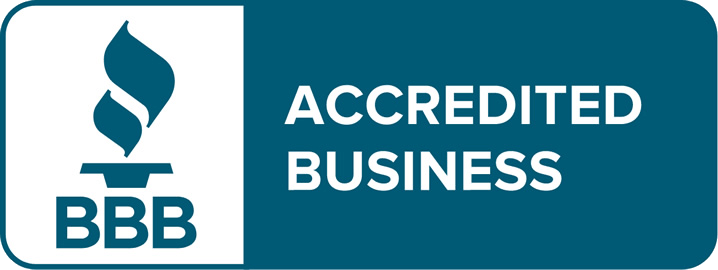There are two types of administrative appeals that can be filed within the IRS: the Collection Due Process Request (CDP) and the Collection Appeal Process Request (CAP). Each is limited to specific issues that can be appealed, and each has its own scope of review. A brief overview of each type of Appeal follows.
The Collection Due Process Request can be filed in one of two instances: when the IRS has issued a Notice of Filing of Federal Tax Lien or when it issues a Final Notice of Intent to Levy.
Generally speaking, the Notice of Filing of Federal Tax Lien does not warrant a Collection Due Process Request. First, there must be a showing of extreme financial hardship due to the li
en filing. While all lien filings can affect credit, loans or contracts, this is not sufficien t for success at Appeals. Extraordinary and direct financial detriment must be shown. Second, the right to appeal arises only after the lien is filed. There are no pre-lien appeal rights.
t for success at Appeals. Extraordinary and direct financial detriment must be shown. Second, the right to appeal arises only after the lien is filed. There are no pre-lien appeal rights.
A Collection Due Process Request based on a Final Notice of Intent to Levy, however, is used fairly frequently. For one thing, if timely filed (within 30 days of the date of the Notice), it halts any and all IRS enforcement action for those periods listed in the Notice. In fact, unless there are “pyramiding liabilities” for a business, it will halt enforcement action on all periods of liability, even those not included in the Notice.
For a taxpayer that needs time to gain compliance, the essential requirement for any resolution, a Collection Due Process or Equivalent Hearing Request can provide that time. Most Collection Due Process or Equivalent Hearing Requests will take about six to eight months to be assigned and scheduled. And at the Hearing, if the taxpayer has gained compliance, the case often can be resolved through an Installment Agreement.
A Collection Appeal Process Request can be filed when there is a levy or threat of levy (even verbal), when the IRS is seeking to default an Installment Agreement, or when the IRS rejects an Installment Agreement proposal that has been under review. This Appeal also must be filed within 30 days of the IRS action at issue. And, especially when a levy is at issue, Collection Appeal Process Request hearings tend to be held relatively quickly, sometimes within a few days of filing.
While a Collection Due Process Request can address substantive issues, such as whether an Installment Agreement is an appropriate alternative to levy, the scope of a Collection Appeal Process Request is limited to a review of whether the IRS followed procedure in taking the relevant action. Nevertheless, if financial hardship can be demonstrated, it can be a very effective tool in preventing a threatened levy or releasing a levy already in place.
If you are looking for tax relief, learn more about the various ways in which we can help resolve your tax liability.



